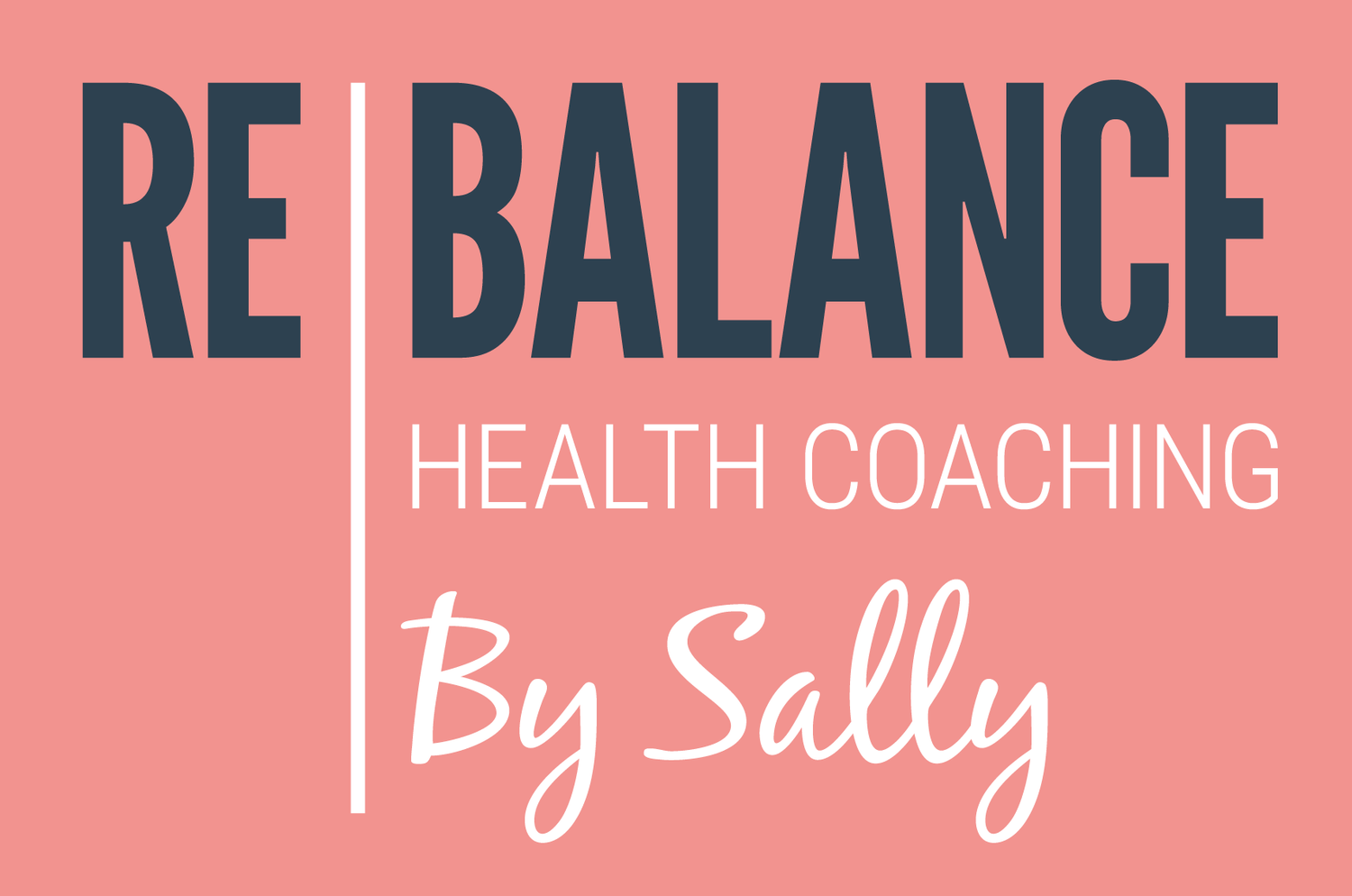A guide to heart health and menopause
While menopause is a natural process, it can also have a profound impact on heart health. Cardiovascular disease (conditions affecting the heart and blood vessels such as coronary heart disease and strokes) is a leading cause of death amongst women worldwide.
The risk of heart attack is 5 times higher post-menopause than before. If you experience early menopause (before age 40) you are at higher risk of premature coronary heart disease. It’s therefore important that we all understand the risk and how to support heart health during perimenopause, menopause and beyond.
In this guide, we will delve deeper into the connection between menopause and heart health, providing information and practical tips to help you maintain a healthy heart during this transitional period.
Understanding the Menopause/Heart-Health connection
Hormonal Changes: During menopause, as oestrogen levels decline, women become more susceptible to heart disease. Oestrogen plays a crucial role in maintaining heart health in multiple ways:
1. It helps to keep blood vessels flexible, helping blood flow
2. It helps promote dilation of blood vessels to keep blood pressure low
3. It assists in regulating cholesterol levels, preventing build up of fatty plaques and blockages inside the artery wall that can cause heart attacks and strokes
Increased Risk Factors: Menopause often coincides with an increase in certain risk factors for heart disease. These include high blood pressure, elevated cholesterol levels, and weight gain. These factors can collectively contribute to an increased risk of heart disease during and after menopause.
Changes in Fat Distribution: Many women notice a change in fat distribution during menopause, with a tendency to store more fat around the abdomen. This abdominal fat, often referred to as visceral fat, is associated with a higher risk of heart disease.
Tips for Maintaining Heart Health During Menopause
Following a healthy, active lifestyle can help support a healthy heart and overall health and well-being.
1. Heart-Healthy Diet: Adopting a heart-healthy diet is crucial during menopause. Following a Mediterranean diet is a good place to start. This includes incorporating plenty of vegetables, fruit, pulses, fish, nuts, seeds and olive oil.
Foods rich in antioxidants such as berries, broccoli, kale, avocado, tomatoes, apples and green tea are beneficial for keeping the heart healthy. Foods rich in omega-3 fatty acids such as oily fish (salmon, sardines, mackerel) nuts and seeds help to reduce inflammation, lower cholesterol and reduce risk of blood clots. Soluble fibre found in oats, vegetables and pulses also help lowering cholesterol levels.
Limiting sugary foods, alcohol, salt, saturated fats and ultra processed foods will help prevent high blood pressure, high cholesterol and an increased risk of heart disease.
2. Regular Exercise: Engaging in regular aerobic exercises like brisk walking, swimming, dancing or cycling is essential for women going through menopause. Guidelines recommend 150 minutes of moderate intensity aerobic exercise per week. Regular exercise helps maintain a healthy weight, reduce stress, optimise the heart and circulatory system, lower your cholesterol and keep your blood pressure at a healthy level.
If you are new to exercise build up gradually. Start with a 10 minute walk today, build up to 15 minutes tomorrow and so on and you’ll soon be walking 30 minutes per day.
3. Weight Management: Achieving and maintaining a healthy weight through a combination of diet and exercise is essential. Weight management can be challenging during menopause as metabolism slows and oestrogen decline leads to an increase in fat cells particularly around your middle. Eating a healthy diet, balancing blood sugar levels, managing stress and staying active will support healthy weight management. See previous article WHY DOES MENOPAUSE CAUSE WEIGHT GAIN? AND HOW TO LOSE IT
4. Stress Management: Menopause can be a stressful time, and chronic stress can negatively impact heart health. Explore stress-reduction techniques such as meditation, yoga, deep breathing exercises, and mindfulness. Find what works for you and incorporate into your daily life. To make it a habit, link it to another activity in your day i.e. after your breakfast or after you do your teeth and it will soon become routine.
5. Stop smoking: If you smoke, quitting is one of the most significant steps you can take to improve heart health.
6. Medical checks: Regular check-ups with your healthcare provider to proactively monitor your heart health and address any concerns or symptoms promptly.
Menopause is a natural phase of life, and while it brings about hormonal changes that can impact heart health, there are proactive steps you can take to maintain a healthy heart. By prioritising regular exercise, adopting a heart-healthy diet, managing stress, and addressing risk factors, you can navigate menopause with confidence, knowing that you are taking significant steps to protect your cardiovascular health. Remember that individual experiences and needs may vary, so always consult with a healthcare professional for personalised guidance during this transitional period. You can also contact the British Heart Foundation www.bhf.org.uk if you have concerns about heart health.
For support with creating heart healthy diet and lifestyle changes that are personalised to you contact Sally for a free 30 minute consultation


